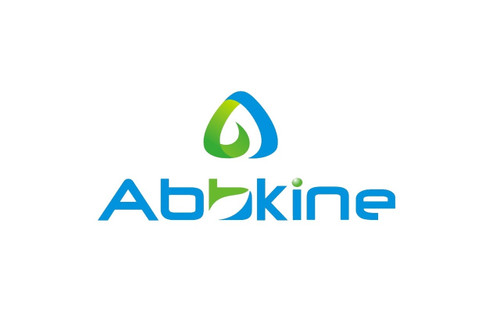Product Description
Monkey Pancreatic prohormone (PPY) ELISA Kit | AE26174MK | Abebio
Species Reactivity: Monkey (Simian)
Abbreviation: PPY
Alternative Name: PNP; pancreatic polypeptide Y
Application: ELISA
Range: 37.0-3000 pg/mL
Sensitivity: 14.2 pg/mL
Intra-Assay: ≤5.1%
Inter-Assay: ≤6.8%
Recovery: 0, 86
Sample Type: Serum, Plasma, Other biological fluids
Detection Method: Sandwich
Analysis Method : Quantitive
Test Principale: This assay employs a two-site sandwich ELISA to quantitate PPY in samples. An antibody specific for PPY has been pre-coated onto a microplate. Standards and samples are pipetted into the wells and anyPPY present is bound by the immobilized antibody. After removing any unbound substances, a biotin-conjugated antibody specific for PPY is added to the wells. After washing, Streptavidin conjugated Horseradish Peroxidase (HRP) is added to the wells. Following a wash to remove any unbound avidin-enzyme reagent, a substrate solution is added to the wells and color develops in proportion to the amount of PPY bound in the initial step. The color development is stopped and the intensity of the color is measured.
Product Overview: Pancreatic polypeptide (PP) is a 36-amino-acid secretory peptide that is predominantly produced by the pancreas. The exact physiologic role of PP in healthy individuals has not been fully defined. This peptide affects the secretion of pancreatic enzymes, water, and electrolytes. Its effect is biphasic in that PP initially enhances secretion and then inhibits secretion. PP increases gastric emptying and gut motility. It also relaxes the pyloric and ileocecocolic sphincters, the colon, and gallbladder. PP levels increase after ngestion of food and remain elevated from 4-8 hours. Prolonged fasting, diabetes, and exercise can also increase PP levels. Serum PP levels can be elevated in as many as 50% of patients with carcinoid syndrome. Increased levels can also be found in patients with duodenal ulcers and in patients with type I diabetes.
Stability: The stability of ELISA kit is determined by the loss rate of activity. The loss rate of this kit is less than 5% within the expiration date under appropriate storage condition. The loss rate was determined by accelerated thermal degradation test. Keep the kit at 37°C for 4 and 7 days, and compare O.D.values of the kit kept at 37°C with that of at recommended temperature. (referring from China Biological Products Standard, which was calculated by the Arrhenius equation. For ELISA kit, 4 days storage at 37°C can be considered as 6 months at 2 - 8°C, which means 7 days at 37°C equaling 12 months at 2 - 8°C) .
 Euro
Euro
 USD
USD
 British Pound
British Pound
 NULL
NULL












